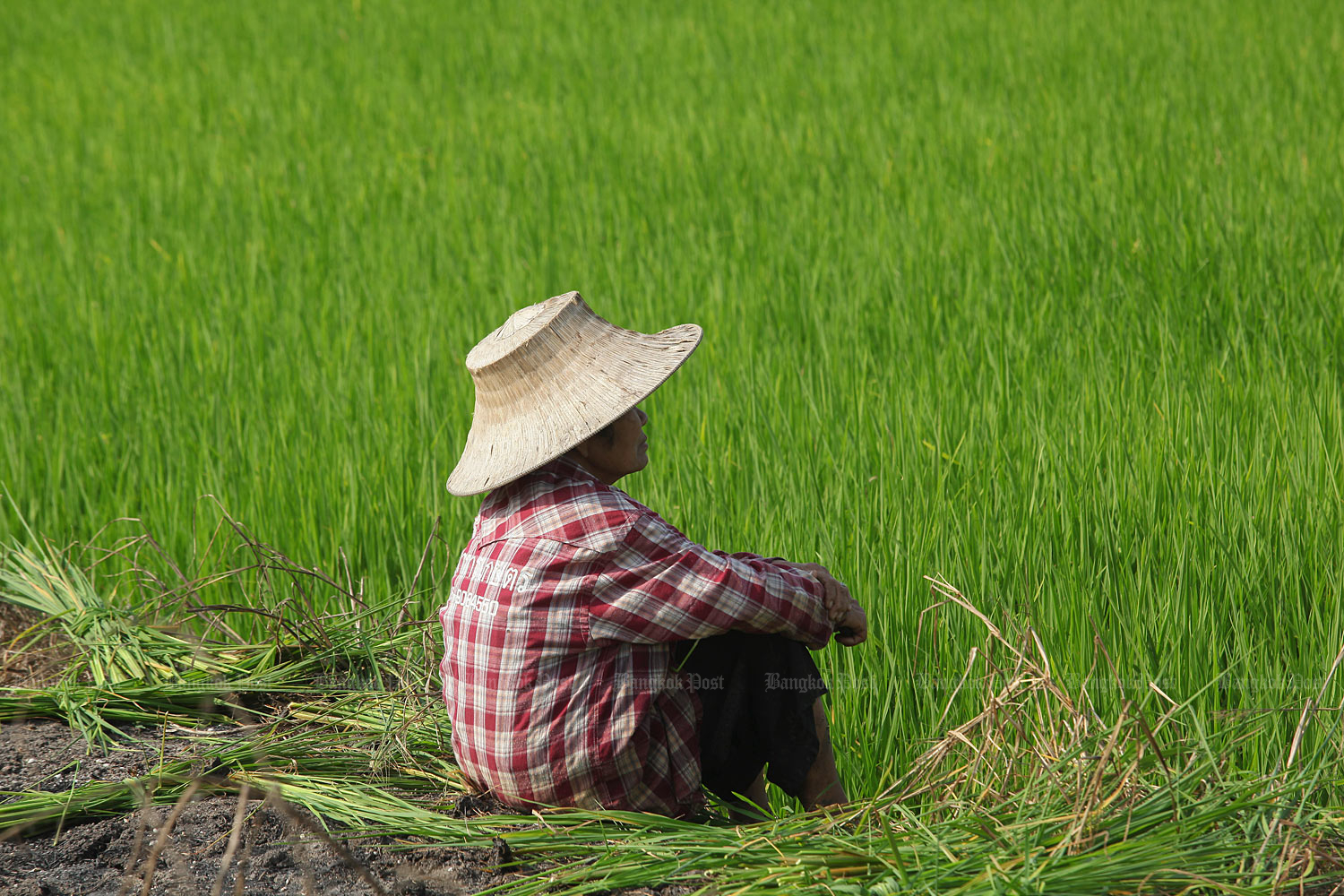
The Srettha Thavisin government has given the nod to a three-year debt moratorium for farmers that will cost about 30 billion baht, amid questions tied to the long-term benefits of the programme, which is a huge burden on state coffers.
The programme is being implemented by the Bank of Agriculture and Agricultural Cooperatives (BAAC), a state enterprise. About 2.7 million farmers, each with outstanding principal loans of no more than 300,000 baht as of Sept 30, are eligible while combined debts are recorded at 283 billion baht. The bank has 860,000 debtors with non-performing loans (NPLs) worth 129 billion baht. Of that number, 600,000 debtors with loans worth 360 billion baht will join the programme.
In defending the policy, the Srettha government said the debt suspension would help boost small farmers' liquidity so they can earn enough money to cover necessary household expenses and also invest and improve productivity. But how?
It's highly likely the new government's debt-suspension programme will end up a shambles, as seen before during previous administrations. The Thaksin Shinawatra government initiated a similar populist policy, worth 15 billion baht, in 2001. That programme became the prototype for further schemes over the last two decades. The Yingluck administration spent 25 billion baht and the Prayut Chan-o-cha government followed suit with 16 billion baht. And now the Srettha government is to fork out 32 billion baht over the course of three years. The budget for the debt relief programmes of those four governments will total 90 billion baht. Thai farmers remain entangled in bad debt, despite the various debt relief previous governments have offered.
The Srettha government claims its debt relief programme, unlike those implemented by its predecessors, will make a difference as it includes rehabilitation with a view to empowering farmers. That's easier said than done.
The fact is every government has made such a claim; however, the results have been dubious as there was little if any attention to parallel measures like rehabilitation, as well as farmer network building for larger markets and yield increases.
As a result, farmers rarely had a chance to improve their skills during relief periods, and just waited for government assistance or grants.
The Puey Ungphakorn Economic Research Institute has questioned the merit of such debt relief programmes, saying they seem to create traps, rather than solutions.
A state assistance programme should aim for long-term benefits, enabling farmers to pay back and eventually clear themselves of debt and stand on their own feet.
But the opposite is the case as most farmers remain heavily in debt.
There are quite a few shortcomings with debt suspension programmes. What's clear is such systematic assistance will see farmer incentives largely dry up while debts, especially from loan sharks, will accumulate. Such accumulation tells you the programme is not working well.
Indeed, some academics pointed out that a debt relief programme should not be applied as a routine mechanism.
Instead, the government should resort to one only when necessary, like in a pandemic or disaster, otherwise it may end up as a hazard for farmers, as most will lose their aspiration for self-reliance.
